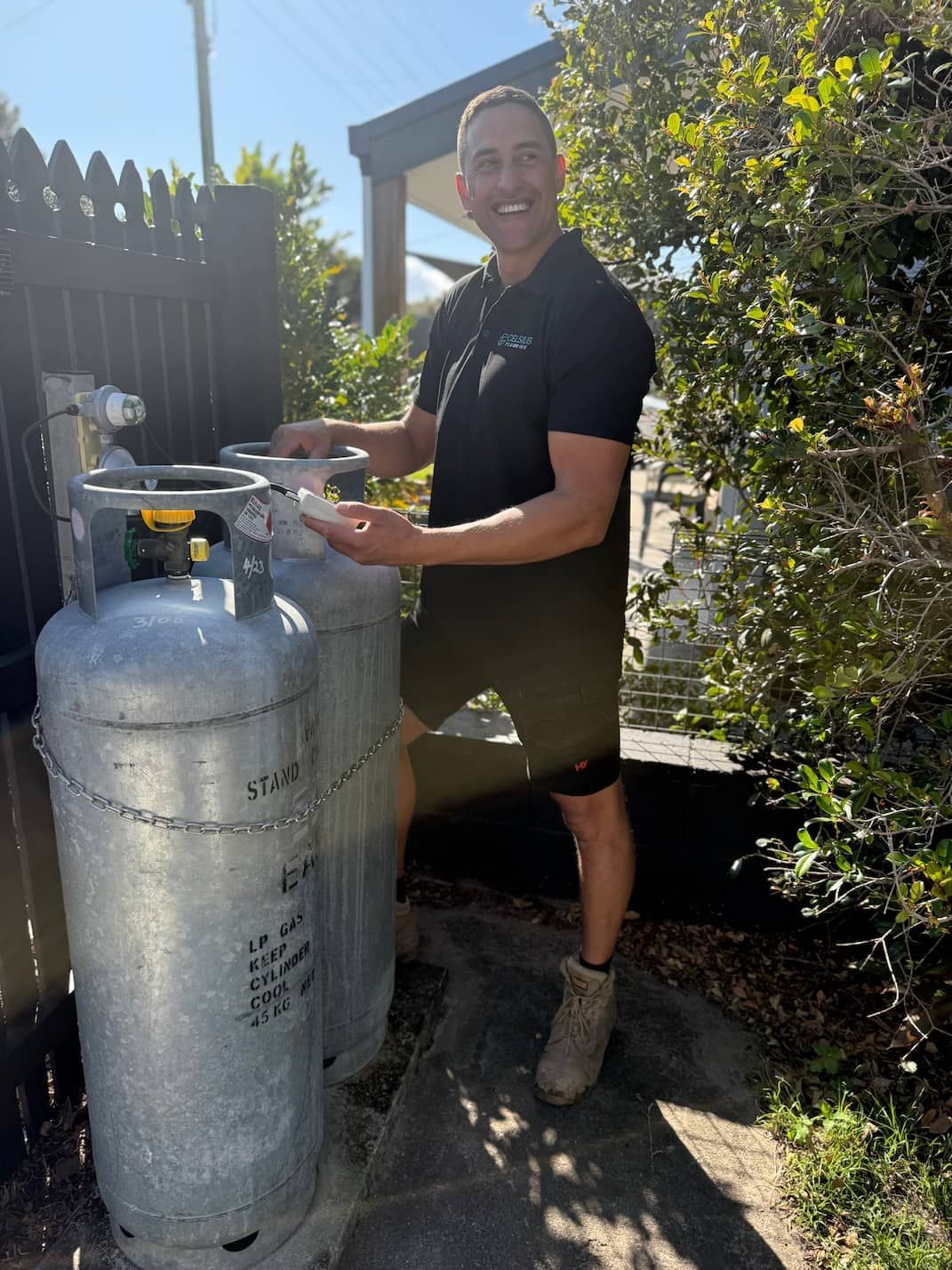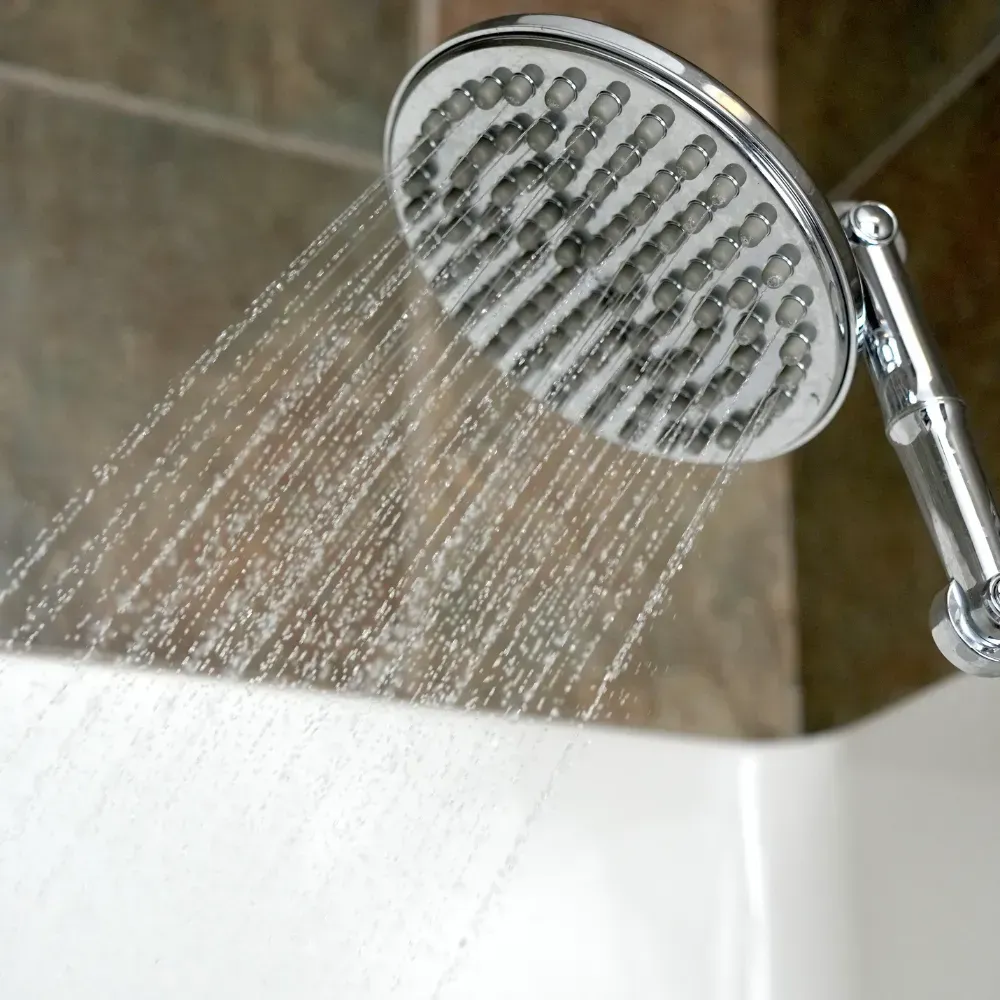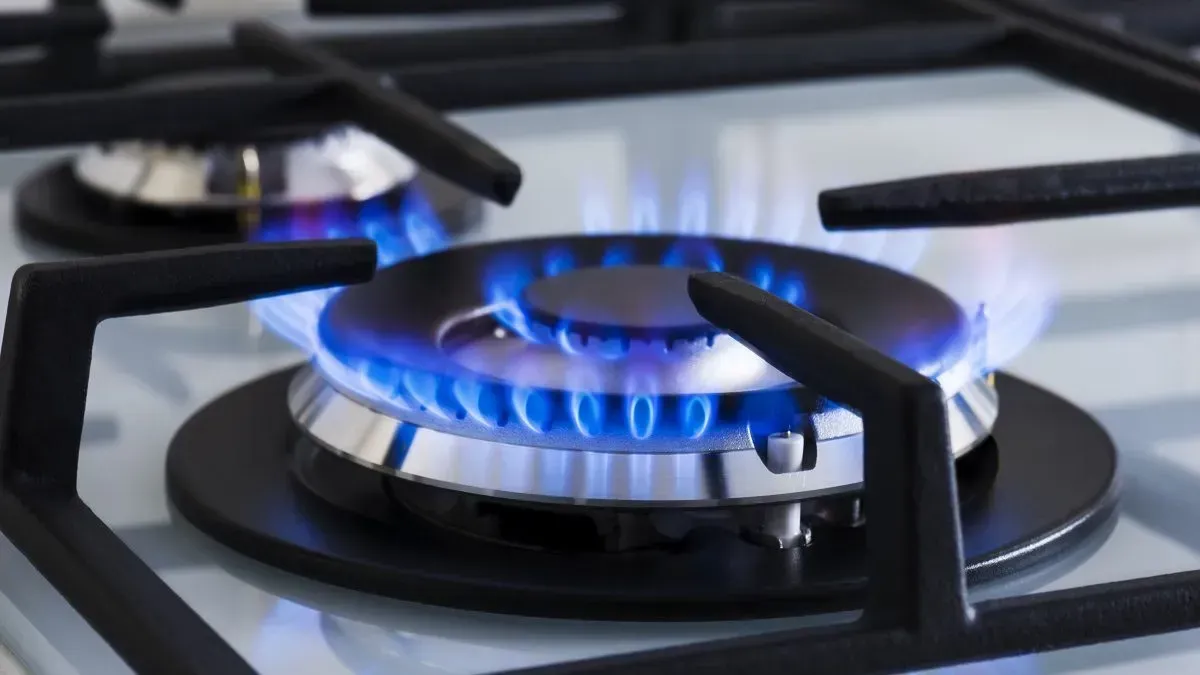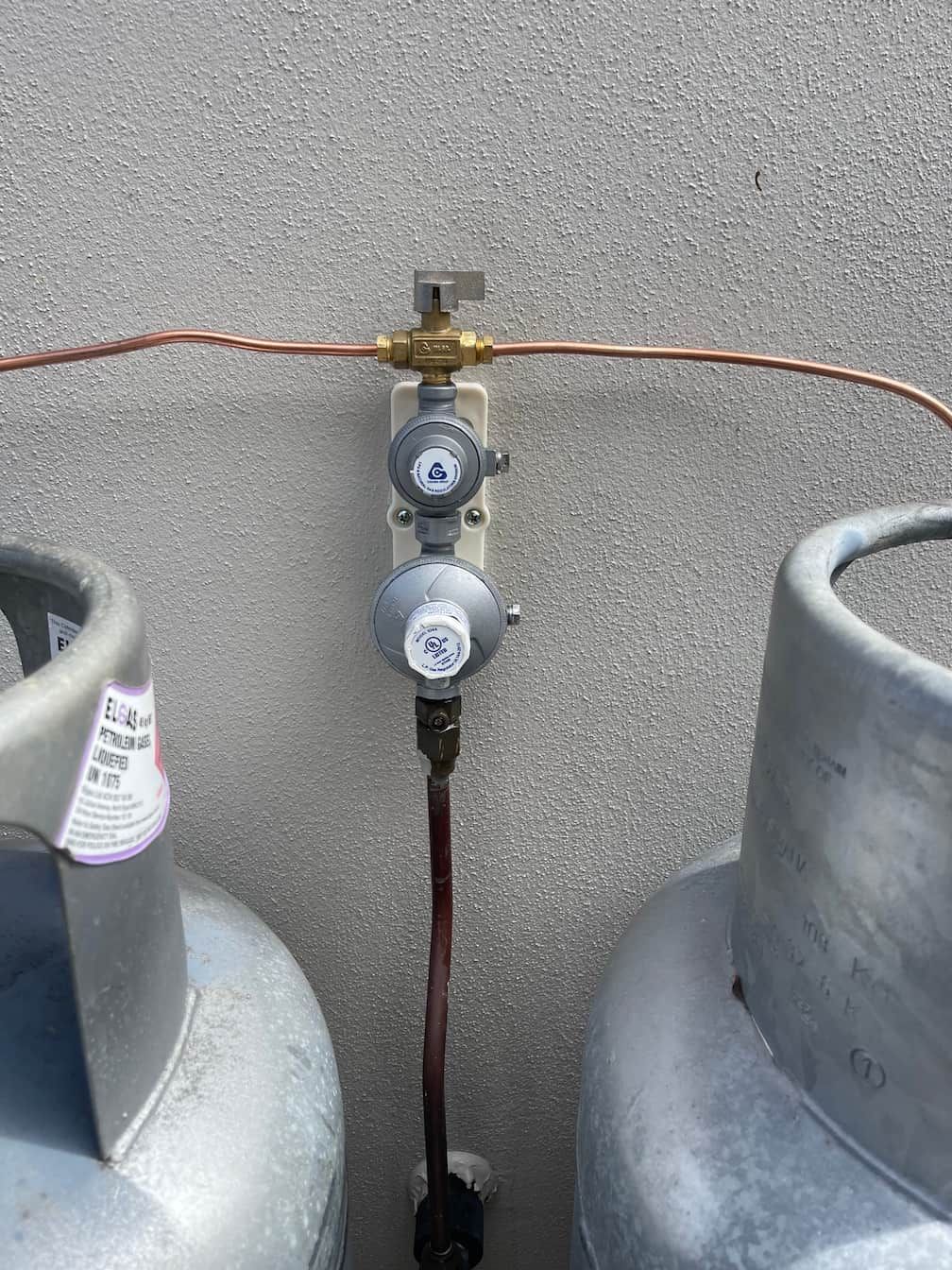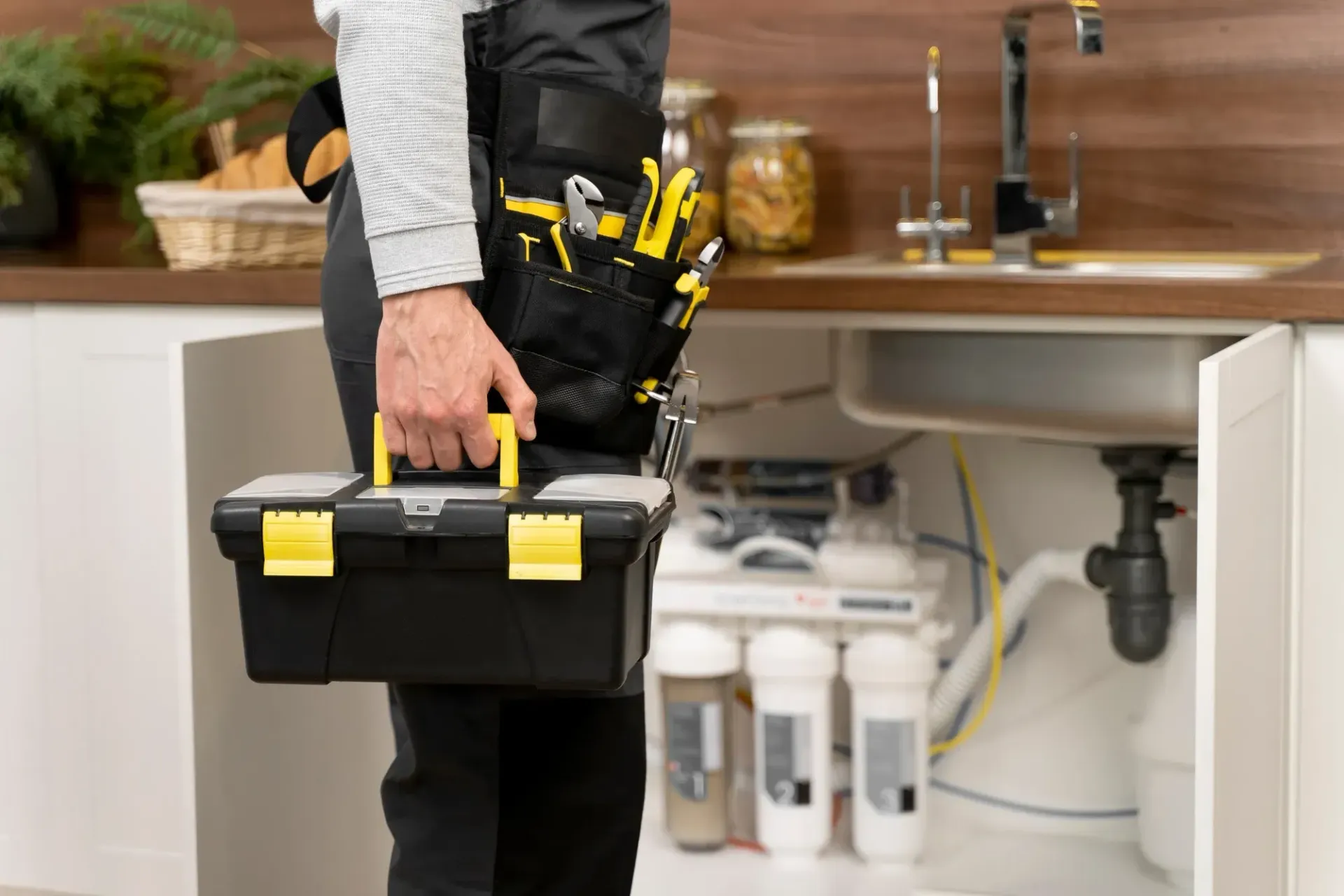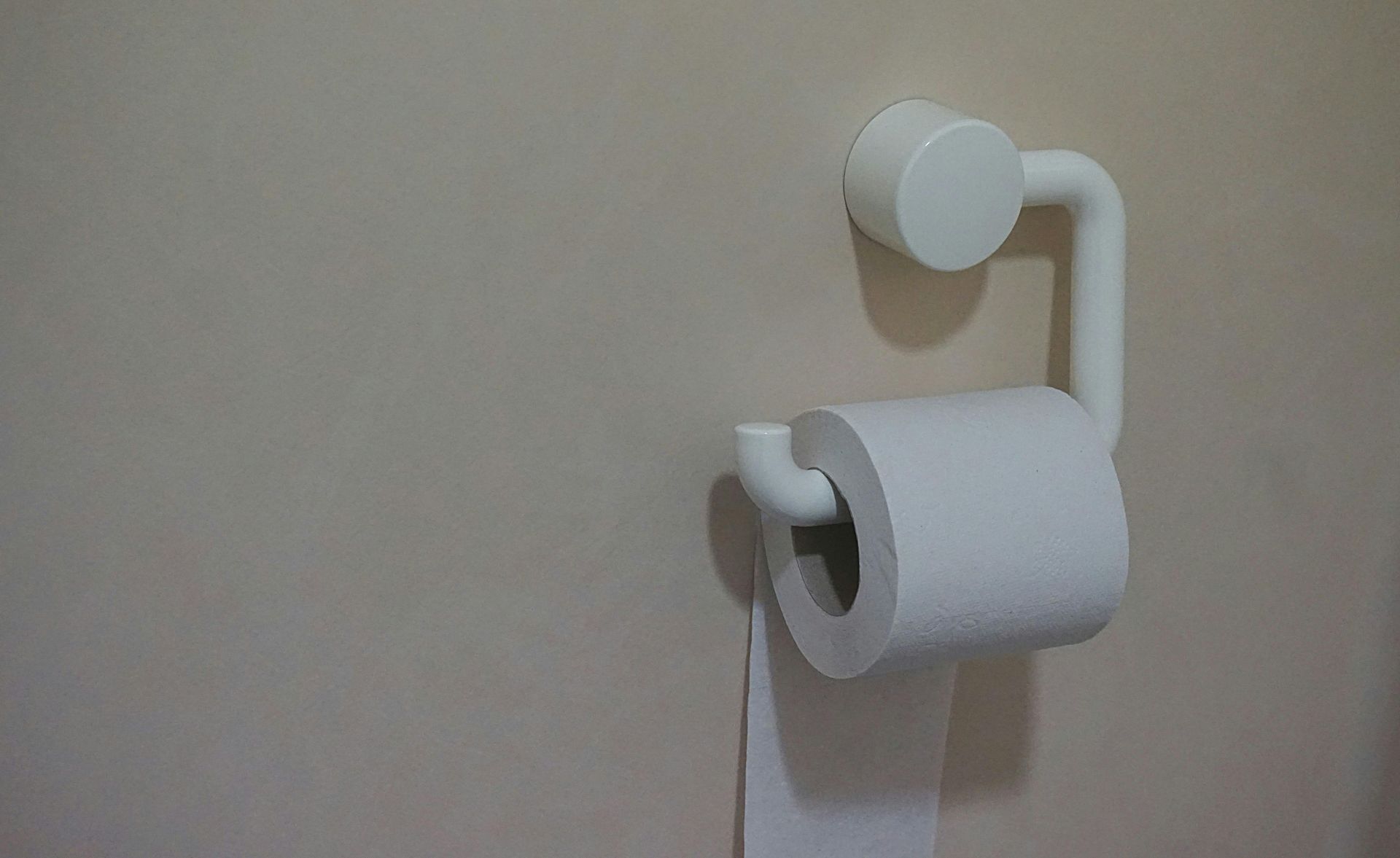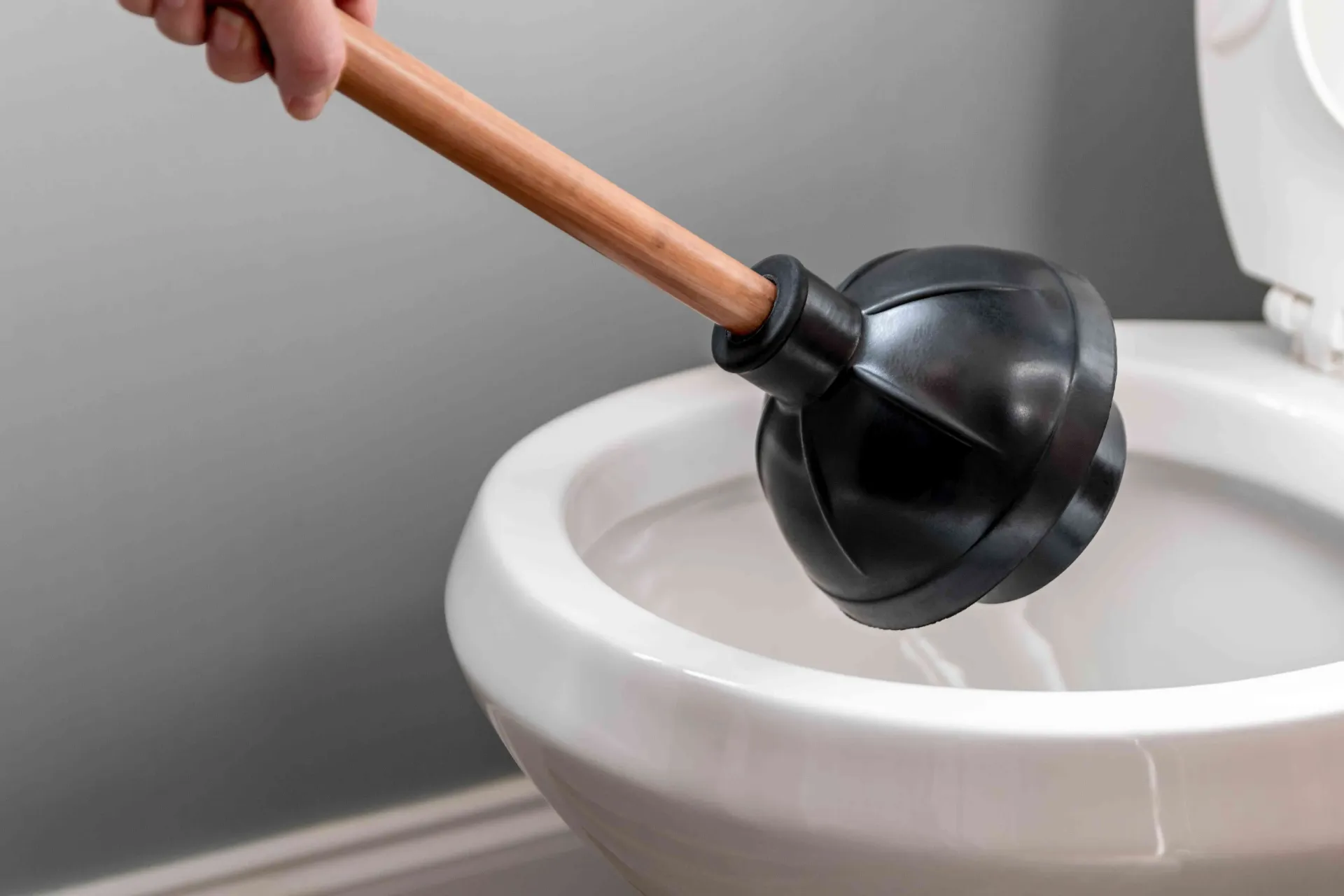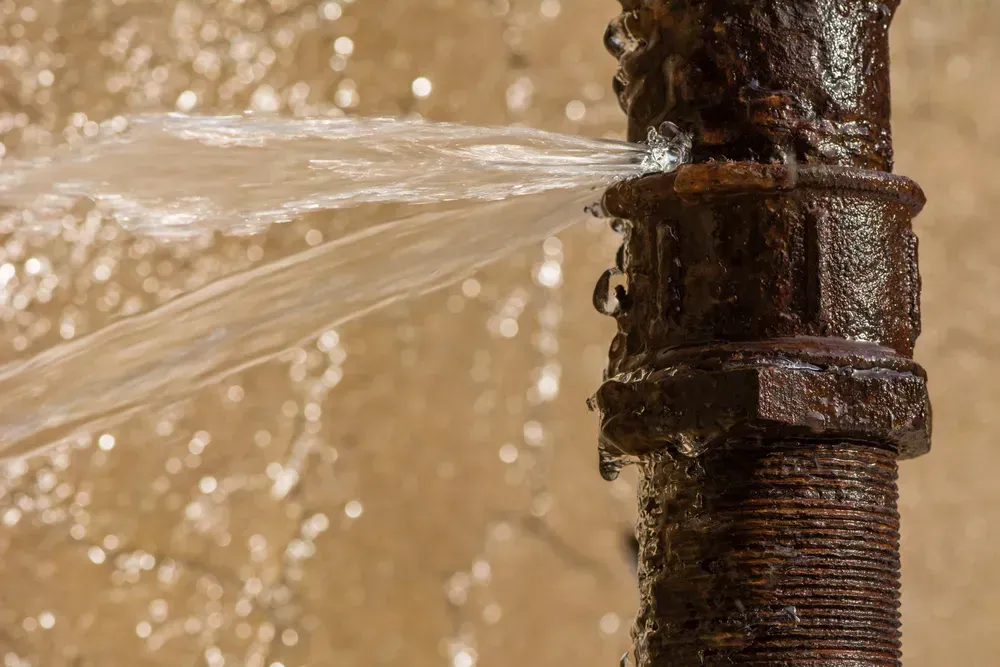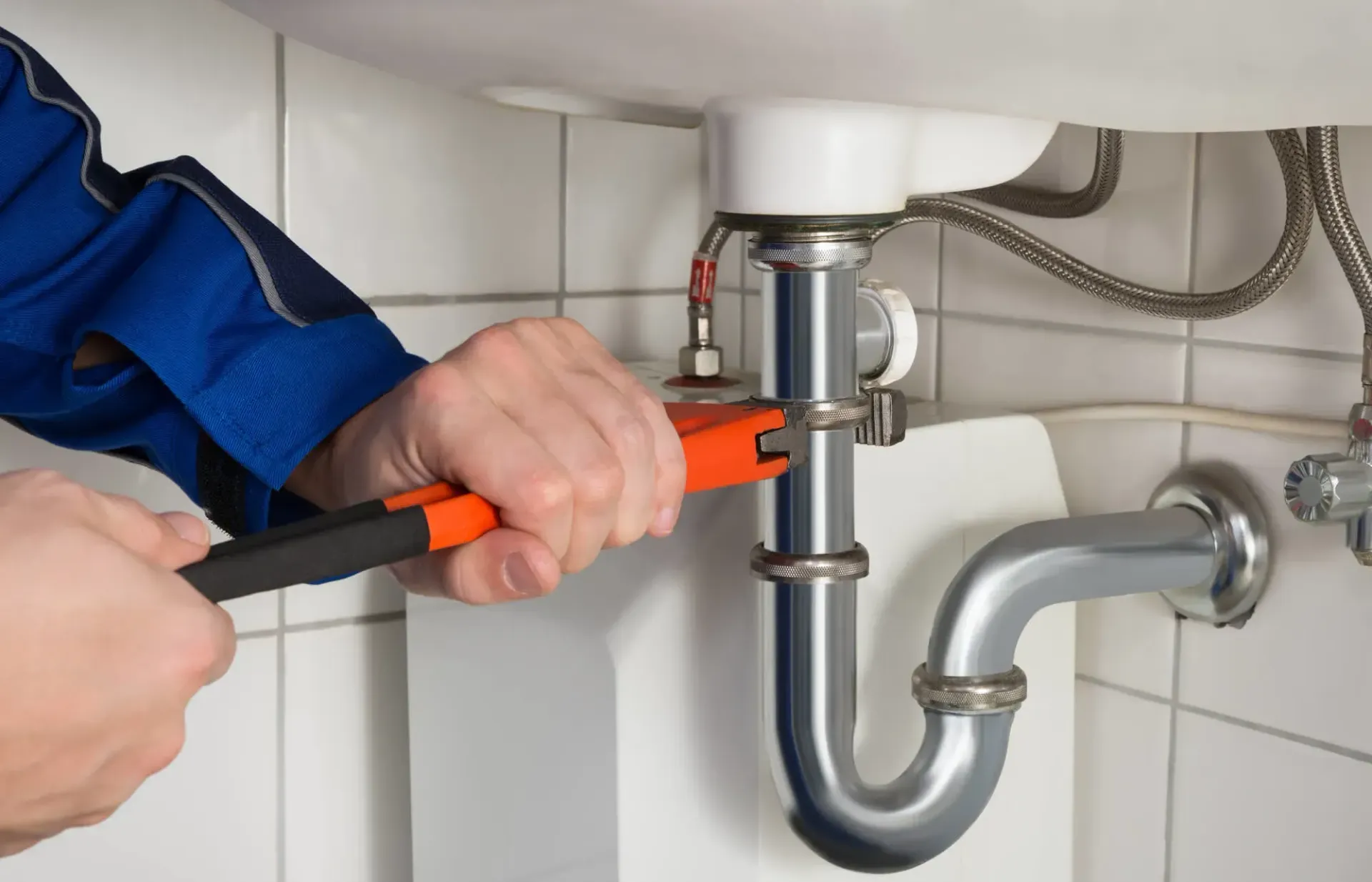How Long Do Hot Water Systems Last?
Hot water systems are one of the most important appliances in any home. You rely on them every day for showers, dishwashing, laundry, cleaning and general comfort. But like any major system, they don’t last forever. When a hot water system begins to fail, it can lead to cold showers, leaks, rust, higher energy bills and even major water damage if the tank bursts.
If you’re wondering how long a hot water system lasts, when to repair it, when to replace it, and what causes them to break down, this guide will walk you through everything you need to know.
How Long Do Hot Water Systems Last?
The lifespan of a hot water system varies based on the type of unit, how well it has been maintained, and the conditions it operates in. As a general guide:
- Electric storage hot water systems typically last between 8 and 12 years.
- Gas storage hot water systems tend to last around 8 to 12 years as well.
- Instantaneous (continuous flow) gas or electric systems usually last between 15 and 20 years because they do not store water in a tank that can corrode.
- Heat pump systems generally last between 10 and 15 years.
- Solar hot water systems often last between 10 and 20+ years, although their boosters may need replacement every 5 to 10 years.
In most cases, storage systems wear out faster because the metal tank is constantly exposed to water, pressure and temperature changes. Instantaneous systems last longer because they heat water on demand, and solar units have the longest potential lifespan, provided they are serviced periodically.
What Causes Hot Water Systems to Break Down?
Several factors contribute to a system’s lifespan and eventual failure. The most common causes include:
1. Corrosion & Rust
Storage tanks are lined with steel. Over time, that steel corrodes from the inside, eventually leading to leaks and tank failure. The sacrificial anode rod slows this process, but if it is never replaced, corrosion accelerates.
2. Sediment Build-Up
Minerals in water settle at the bottom of storage tanks. This causes:
- Poor efficiency
- Overheating
- Cracking or rumbling noises
- Shortened lifespan
The harder the water in your area, the worse the sediment problem becomes.
3. High Water Pressure
Excessive pressure stresses the tank and pipes, causing seals and joints to fail early.
4. Lack of Maintenance
A hot water system has moving parts, valves and protective components. If it’s never inspected, small issues can turn into major breakdowns.
5. Age & Wear
Even a high-quality system simply wears out from constant heating and cooling cycles.
6. Poor Installation
Incorrect pipework, inadequate drainage or missing valves can drastically shorten a system’s lifespan.
7. External Conditions
Salt air, outdoor installation, extreme weather or enclosed spaces with poor ventilation can all contribute to early failure.
Signs Your Hot Water System Is Failing
Common warning signs your system is nearing the end of its life include:
- Water that is no longer as hot as it used to be
- Rusty, discoloured or metallic-tasting water
- Leaking, pooling or dripping around the system
- Rumbling, banging or popping noises from the tank
- Inconsistent water temperature
- Higher energy bills due to reduced efficiency
- Slow hot water recovery
- A pilot light that won’t stay lit
- A system older than 10–12 years (storage) or 15–20 years (instantaneous)
If you notice any of these signs, it’s time to take action before it fails completely — or worse, bursts.
Repair vs Replace: How to Decide
If your hot water system has problems, the big question becomes: fix it, or replace it? Here’s a simple rule of thumb:
✅ Repair it if the unit is under 8 years old and the issue is minor, such as:
- Thermostat failure
- Heating element problems
- Valve issues
- Small leaks from fittings
- Anode rod replacement
❌ Replace it if the unit is:
- More than 10–12 years old (storage) or 15–20 years old (instantaneous)
- Leaking from the tank body
- Corroded internally
- Requiring frequent repairs
- No longer energy-efficient
- Unable to keep up with household demand
Once a storage tank begins leaking from the cylinder itself, it is beyond repair. At that point, replacement is the only safe and economical option.
How to Extend the Life of Your Hot Water System
With proper care, regular servicing and correct installation, you can maximise the lifespan of your system. The best ways to extend its life include:
- Replacing the sacrificial anode every 4–5 years
- Flushing the tank to remove sediment
- Testing the pressure relief valve annually
- Ensuring proper ventilation and pipework
- Installing a pressure-limiting valve if needed
- Booking a professional service every 2 years
These small steps can add years to your system’s lifespan and save you money in the long run.
Risks of Ignoring an Ageing or Faulty Hot Water Systems
Hot water system failure is more than an inconvenience. Ignoring problems can lead to:
- Burst tanks and major flooding
- Structural damage to walls and flooring
- Mould and mildew growth
- High energy bills
- Scalding risks due to thermostat failure
- Total loss of hot water at the worst possible time
A failing system never improves on its own — it only gets more expensive the longer you leave it.
What to Do If Your Hot Water System Fails
If your system is leaking, not heating or has stopped working:
- Turn off the power (electricity or gas)
- Turn off the water supply to the unit
- Avoid using hot taps
- Call a licensed plumber immediately
When to Call A Plumber
If your hot water system is showing signs of age or has already failed, don’t wait. Acting quickly can prevent major damage, reduce costs and restore your hot water sooner.
At Celsius Plumbing, we can:
- Repair hot water systems when cost-effective
- Supply and install new systems when replacement is smarter
- Help you choose the right size and type for your home
- Ensure your system is energy-efficient and built to last
Conclusion
Most hot water systems last between 8 and 20 years, depending on the unit type, maintenance and environment. By understanding the warning signs, knowing when to repair or replace, and acting quickly when issues arise, you can avoid cold showers, costly water damage and unexpected breakdowns. If you need hot water system repairs or a replacement, get in touch with Celsius Plumbing.
Written by Justin from Celsius Plumbing
Meet Justin, the owner of Celsius Plumbing. With over 15 years of industry experience, Justin combines technical expertise with a commitment to clear communication and reliable service.

